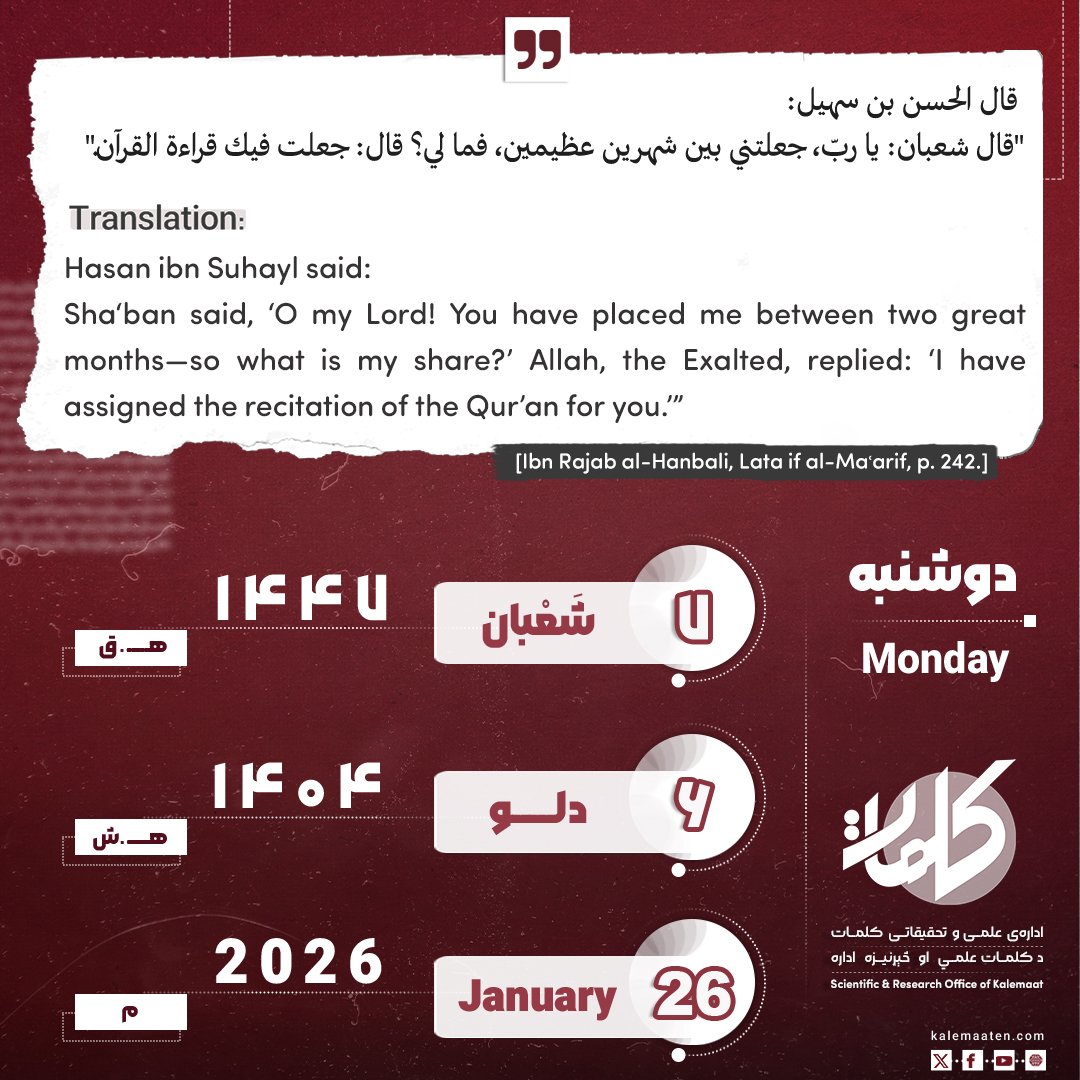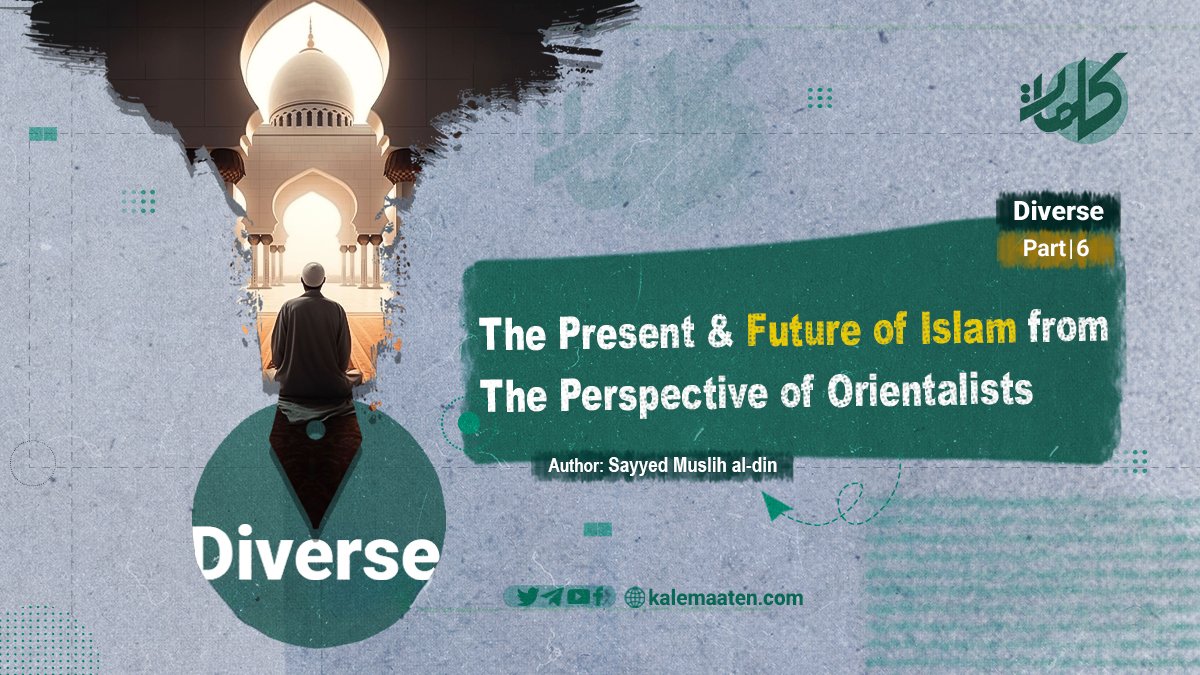Author: Sayyed Musleh Uddin
The Present and Future of Islam from the Perspective of Orientalists (Part 6)
George Sarton
George Sarton states: “The nations of the Middle East led the world for at least two thousand years before Greece and again for at least four centuries during the Middle Ages. Therefore, there is no reason why these nations could not once again, in the near or distant future, resume leadership of the world.”
“There is nothing preventing the Arab nations today from competing with their ancestors and reclaiming their former place in leading the world. Although this task is not easy—and indeed becomes harder with each passing day—it remains possible.”
“Undoubtedly, pure material progress is destructive and cannot truly be called progress; rather, it is a fundamental regression. True progress—which means genuine improvement in living conditions—cannot be built solely on machines, tools, or levers. It must be founded on religion, art, and above all, on pure science, along with the love and friendship of God, the love of truth and honesty, the love of beauty, and a passion for justice. When we look back at the past, this reality becomes clear to us. Who were the great men of history? Who were the ones who did good to us? Who are those to whom we owe the joys and blessings of our lives?
In Greek history, they were men like Plato, Aristotle, Euclid, and Archimedes. But in the Middle Ages, they were individuals like al-Farabi, Ibn Sina, Ibn al-Haytham, al-Biruni, al-Ghazali, Ibn Rushd, Moses Maimonides, Abu al-Ghudda, and Ibn Khaldun.
What becomes clear when we look back should also remain clear when we look forward, so that it may guide our steps into the future.”
“Civilization is not a disease. But among the argumentative, it may become a source of evil and corruption. Civilization is neither Eastern nor Western; its place is no more in Washington than in Baghdad. Civilization can exist anywhere where there are righteous and competent men and women who understand it and know how to benefit from it—without abusing it.
The Middle East has been the cradle of culture and the source of the world’s salvation during the Middle Ages, at a time when the Iron Curtain divided Europe into Orthodox and Catholic spheres. Even today, we look back with gratitude upon the Middle East’s past blessings and gaze forward with sweet hope towards its future.”
Lotrop Stodard
Lotrop Stodard observes: “The Islamic society, in its comprehensive and inclusive sense, is defined by a sense of general unity and a firm, unbreakable bond among all believers across Islamic countries. More than thirteen centuries have passed, yet the passage of time has neither weakened nor shaken any part of this society. On the contrary, time has only increased its strength, firmness, and pride.
Indeed, the bond between one Muslim and another is stronger than that between one Christian and another. It is true that they sometimes engage in conflict, but this is no more than what might occur within a family bound by blood and kinship. In Islam, hatred has no place, and in times of hardship, all enmity vanishes. Thus, whenever Muslims have had internal disputes, they have still united in well-organized ranks to face external threats and repel danger.
Anyone who truly wishes to understand the goal and purpose of Islam’s conception of community should simply observe the current state of Muslims and the wave of empathy and solidarity that flows among them, thereby uncovering the secret and status of this community within the hearts of Muslims.”
“To illustrate the fervor and uprising of Islam, what better evidence is there than the massive movement of seventy million Muslims in India protesting the dismemberment of the Ottoman Empire? This issue is even more serious than merely a matter confined to India; it encompasses the entire Islamic world.”
“One cannot ignore the religious ties and lofty moral values that bind Muslims together. These elements continuously reinforce unity, empathy, and solidarity among Muslims, making them feel as though they are one nation—one Ummah—across Islamic lands. They support and defend one another. Additionally, the transportation and communication systems of the West have made travel easier for Muslims everywhere, enhancing their mutual acquaintance and strengthening their connections.”
“Eventually, the ‘solid East’ stirred from within, and today it finds itself in a state of peak reaction, uprising, and passion. All of this is more than what any dreamer could imagine or what any thinker could conceive. The Islamic world—whose intellectual and spiritual energies lay dormant for nearly a millennium—has reawakened and risen once more. These forces are now performing their wondrous task, and Muslims are regaining their lofty and rightful place in the world.”
Continues…
Previous Part/ Next Part
References:
[1] Al-Thaqāfah al-Gharbiyyah fī Ri‘āyat al-Sharq al-Awsaṭ, p. 69.
[2] Ibid., p. 70.
[3] Ibid., pp. 72–73.
[4] Ibid., pp. 74–75.
[5] Ḥāḍir al-‘Ālam al-Islāmī, Vol. 1, pp. 287–288.
[6] Ibid., Vol. 1, p. 324.
[7] Ibid., Vol. 1, p. 327.
[8] Ibid.



